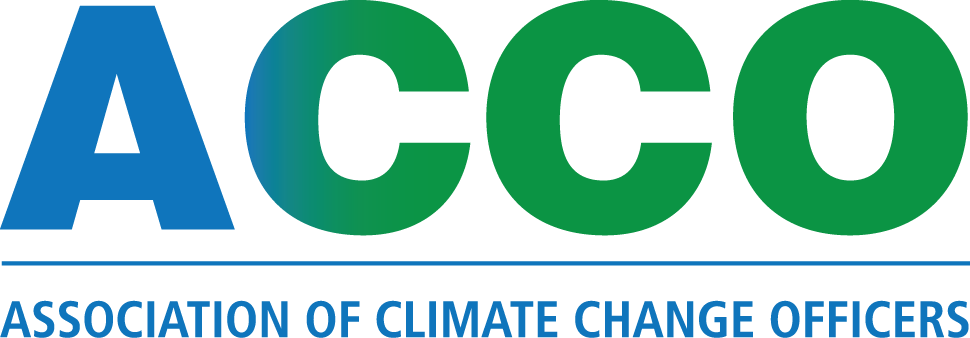Scaling Up Renewables in the Chicago Area: Insights from Interviews with Large & Mid-Size Energy Users
/Written by: Erin Cummings & Daniel Kreeger
Download a PDF of this entry by clicking here.
Organizations in the public and private sector are increasingly interested in exploring the feasibility of procuring and/or developing clean energy. Drivers articulated by participants included organizational mandates such as greenhouse gas reduction goals, desire to address energy continuity and resilience, and reducing energy costs.
After interviewing several local governments and private sector entities in the greater Chicago region, we found some common themes that account for drivers and the barriers to implementing renewable energy portfolios.
Steep Learning Curve
There is still a steep learning curve within many organizations to properly assess renewable energy as part of the supply portfolio – but also within the utility and policy maker organizations. The risk and energy price components need to be properly explained and understood to create an environment where decisions can be made. This learning can be facilitated by third parties, spearheaded by a central authority (like a corporate center or a university central unit), and/or be done by internal champions. But regardless of the provider, the learning needs to be standardized and not heavily dependent upon perceptions and anecdotes.
Making the Financial Case
Low commodity pricing as well as low demand charges make the financial case for renewable energy in Illinois more challenging, but certainly not impossible. Municipalities and universities are looking at aggregating energy demands/ interests with other nearby users. Policies in the state are focusing on developing a stronger solar market including a highly anticipated community solar program. Providing regional financial models could go a long way to helping organizations make the case to C-Suite for a switch to renewable energy.
Moving Beyond Low Hanging Fruit
Overwhelmingly, initial actions to reduce greenhouse gas emissions focus on energy efficiency measures where it is relatively easy to make a business case. Once these efforts are completed, the road to GHG reduction becomes rockier. Many institutions use RECs as a mechanism to procure renewable energy; however, there is a strong desire to invest in onsite generation and other solutions that go beyond the REC market. This again, leads back to a need for standardized learning that provides operational professionals with the knowledge needed to inform decision makers on energy options.
Relationships between Users, Utilities & Government
The relationship between government, energy suppliers and utility providers with the institutional users is maturing, but needs to evolve dynamically. The change in need, behavior and procurement will require all parties to work together to develop new programs, policies and systems enabling the scaling up of renewables.
Current market policies are often seen as obstacles by institutional users, though an increasing number of policy makers, regulators and utilities are working to develop new opportunities that will enable more clean energy offerings. There is a need to sort out the financing options and the approval process by government entities. Energy suppliers and government entities will need to develop new strategies for making retail renewable energy options more attractive and develop a suite of wholesale offsite opportunities that suit the needs of all parties.
Renewable energy can be a relatively simple, cost-effective solution that helps reduce greenhouse gas emissions and enhance resilience to disruptive weather events, ongoing climate change, cyber intrusions and weaponized attacks. The trifecta of institutional energy users, government agencies, and utilities working together to tackle these considerations should create an environment where solutions to these challenges can be developed.
Next Steps
Based upon the discussions leading up to and during the January 23 roundtable that ACCO hosted in Chicago, we are contemplating the following next steps:
- Developing tailored training modules for procurement, legal, financial and other decision-makers whose participation in the energy behaviors of large institutional energy users is critical to deploying clean energy;
- Standardizing job descriptions and best practices for the above-referenced professionals; and
- Facilitating peer-to-peer collaboration through regular roundtables, workshops and online discussions.

